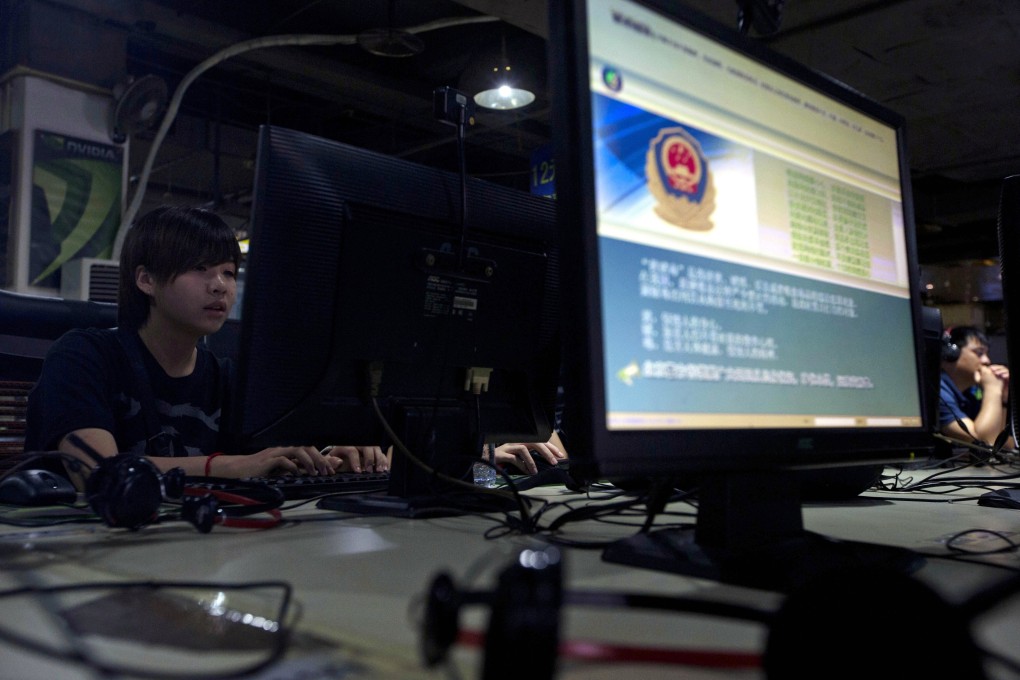Censorship sweep punishes deepfake app Reface and online school Xueersi in China’s latest internet crackdown
- The latest quarterly report from the Cyberspace Administration of China details efforts to clean up apps and websites deemed inappropriate
- The internet watchdog summoned representatives from online school Xueersi over “lowbrow videos” and “encouraging romance at an early age”

A deepfake face-swapping tool, which can superimpose anyone’s face into scenes from films, was ordered to disappear in China earlier this year, according to the country’s internet watchdog. It joins dozens of other apps and websites that have come under fire from authorities, including an online school accused of encouraging teenage romance.
In its latest progress report, the Cyberspace Administration of China said it ordered the removal of a number of apps accused of “disseminating politically harmful content”. Among them was Reface, a freemium app that can generate deepfake video clips from a single photo.
By Tuesday evening, Reface remained available in Apple’s iOS App Store in China, but it could not be found in Chinese Android app stores run by Tencent Holdings and Xiaomi.
When Reface was asked about the removal, the company said, “Reface is a socially responsible company that brings exclusively fun and joy to the community. We’re not involved in politics in any way. We stand for freedom of expression and feel sorry that someone won’t have access to our app.”
Regulators did not elaborate on the specific content that got Reface into trouble. However, social media users outside China have been circulating deepfake videos featuring the face of Chinese President Xi Jinping stitched onto the bodies of celebrities such as Miranda Kerr walking the Victoria Secret Fashion Show runway.
